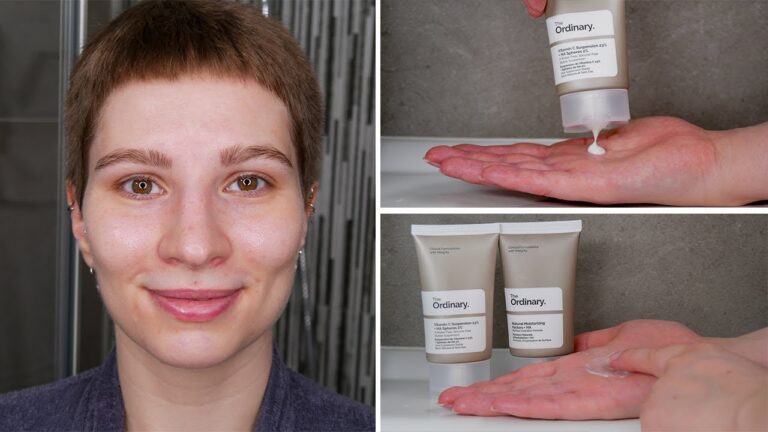Retanoid: The Ultimate Guide to Understanding and Using It
Retinoids: The Secret Ingredient for Flawless Skin
When it comes to achieving healthy, glowing skin, there are a variety of ingredients and products on the market. One ingredient that has gained significant attention in recent years is retinoid. This powerful ingredient is known for its ability to reduce the appearance of fine lines and wrinkles, improve skin texture, and even help with acne. In this article, we’ll dive deep into what retinoids are, how they work, and the benefits of incorporating them into your skincare routine.
What are Retinoids?
Retinoids are a class of chemical compounds that are derived from vitamin A. They are known for their ability to regulate skin cell growth and development. Retinoids come in different forms, including retinol, retinaldehyde, and tretinoin. Retinol is the most commonly used form of retinoid in skincare products and is available over-the-counter. Tretinoin, on the other hand, is a stronger form of retinoid that is available only by prescription.
How Do Retinoids Work?
Retinoids work by stimulating cell turnover and collagen production. They also have anti-inflammatory properties that help to reduce the redness and swelling associated with acne. When retinoids are applied to the skin, they help to exfoliate the surface layer of skin, which allows for new, healthier skin cells to come to the surface. This process can help to reduce the appearance of fine lines and wrinkles, as well as improve skin texture and tone.
Benefits of Retinoids
One of the main benefits of retinoids is their ability to reduce the appearance of fine lines and wrinkles. Studies have shown that regular use of retinoids can lead to a significant improvement in the appearance of crow’s feet, forehead wrinkles, and other fine lines on the face. Retinoids also help to improve skin texture and tone, which can result in a smoother, more even complexion.
Retinoids are also effective at treating acne. They work by reducing the production of sebum, which can clog pores and lead to breakouts. Retinoids also have anti-inflammatory properties that can help to reduce the redness and swelling associated with acne. Products like Adapalene Gel and tretinoin have been shown to be effective at treating acne and reducing the number of breakouts.
How to Incorporate Retinoids into Your Skincare Routine
If you’re new to using retinoids, it’s important to start slowly to avoid skin irritation. Begin by using a low-concentration retinoid product, such as a retinol serum, every other night. As your skin adjusts, you can increase the frequency of use and try higher-concentration products.
Retinoids should always be used at night, as they can make skin sensitive to sunlight. It’s also important to use a broad-spectrum sunscreen during the day to protect your skin from sun damage.
In addition to using retinoids, it’s important to maintain a healthy skincare routine that includes cleansing, moisturizing, and using other beneficial ingredients like vitamin C and hyaluronic acid.
Conclusion
Retinoids are a powerful ingredient that can help to improve the appearance of fine lines and wrinkles, improve skin texture and tone, and even help with acne. When incorporating retinoids into your skincare routine, it’s important to start slowly and use a gentle product. With regular use, retinoids can help you achieve healthy, glowing skin.
Most searched products:
Does Sephora Support Israel? Answering Your Questions
The Ultimate Guide to Azealic Acid: Benefits, Uses, and Side Effects
How Long Does Glycolic Acid Take to Show Results: Your Ultimate Guide
Discover the Benefits of The Ordinary Botox for Your Skin
The Ultimate Reviews of The Ordinary Peeling Solution
The Ultimate Guide to The Ordinary Colours Foundation: Reviews, Swatches, and Tips
The Perfect Order: When to Use Retinol and Niacinamide in Your Skincare Routine
Unlock the Power of Hyaluronic: Benefits, Uses, and Top Products
Say Goodbye to B.O with Glycolic Acid Deodorant: The Secret to Long-Lasting Freshness
Unlock Smooth and Supple Skin: Discover the Best Skincare Products for Skin Suppleness













